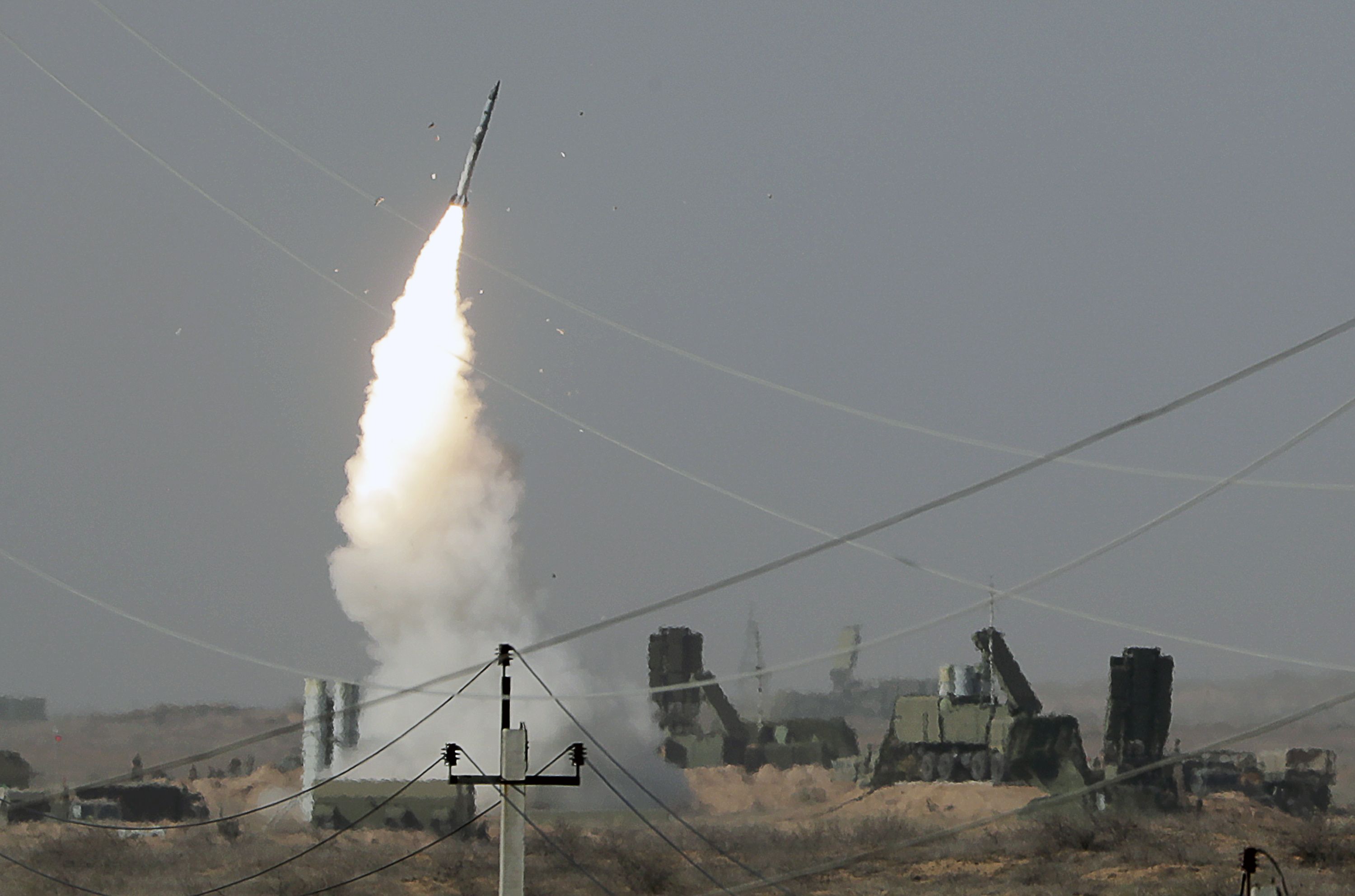U.S. Sanctions Turkey

Why did the U.S. impose sanctions on Turkey?
CAATSA allows sanctioning entities that engage in “significant transactions” with the Russian defence industry, such as the purchase of the S-400 system by Turkey in 2017. The U.S. indicated that the system’s presence in Turkey threatens the security of American personnel and technology. After the Turks decided to keep the agreement with Russia, in July 2019 the U.S. excluded Turkey from the consortium producing the F-35 fighter jet and refused to sell it the aircraft. At the same time, Congressional pressure on President Donald Trump to impose sanctions on Turkey was mounting, peaking in the 2021 defence budget, which obliges the president to implement the CAATSA sanctions on Turkey within 30 days of the entry into force of the law. Last week, the defence budget bill passed both houses of Congress with a veto-proof majority. The administration likely saw there was no point in avoiding imposing the sanctions on Turkey.
Which sanctions did the U.S. enact?
Personal sanctions—visa restrictions, for example—were imposed on Turkish officials in the Presidency of the Defence Industry (SSB), including its head, İsmail Demir. The SSB is a state institution responsible for arms industry modernisation, including bringing the S-400 to Turkey. Thus, it is the main subject of the rest of the sanctions: a) prohibition on granting U.S. export licenses and authorisations for any goods or technology transferred to the SSB; b) prohibition on loans or credits by U.S. financial institutions to SSB totalling more than $10 million in any 12‑month period; c) ban on U.S. Export-Import Bank assistance for exports to SSB; d) requirement for the U.S. to oppose loans by international financial institutions that benefit the SSB.
How will the sanction affect U.S.-Turkish relations?
The sanctions will not worsen Turkish-American relations, which are already in bad shape. They aim to send a clear political signal about the lack of U.S. consent to the deployment of the S-400 on Turkish territory and similar transactions with the Russian arms industry. At the same time, the sanctions were implemented in a way not to cause excessive consequences, such as a collapse of the Turkish economy, which would threaten the alliance between Turkey and the U.S. Therefore, they were received relatively calmly by Turkish decision-makers, who expected their introduction.
However, the sanctions show that the U.S. sees the S-400 case as a turning point in future relations with Turkey. If the Turks decide to compromise on this, their relations with the U.S. could improve. If not, the incoming Joe Biden administration may even tighten sanctions, worsening Turkish-U.S. relations.
What are the potential consequences for NATO and its allies?
In a communique about the sanctions, the State Department stated that the measures “are not intended to undermine the military capabilities or combat readiness of Turkey or any other U.S. ally or partner”. This can be interpreted as a signal that secondary sanctions—against third countries that do not comply with sanctions imposed on the target—are not currently considered. However, the fear of secondary sanctions and the uncertainty about the actual severity of the new sanctions, which will be understood only after implementation, may at least temporarily weaken the willingness of European defence companies to cooperate with the SSB. If, for example, as a result of a later tightening of sanctions, this hesitancy turns out to be permanent, it would force Turkey to turn to new partners for its defence industry outside the group of NATO members and, consequently, weaken Turkey’s bond with the Alliance. The U.S. sanctions also limit the likelihood of the EU imposing tougher sanctions on Turkey in March 2021 due to concerns about the country’s being excessively distanced from its Western allies.


